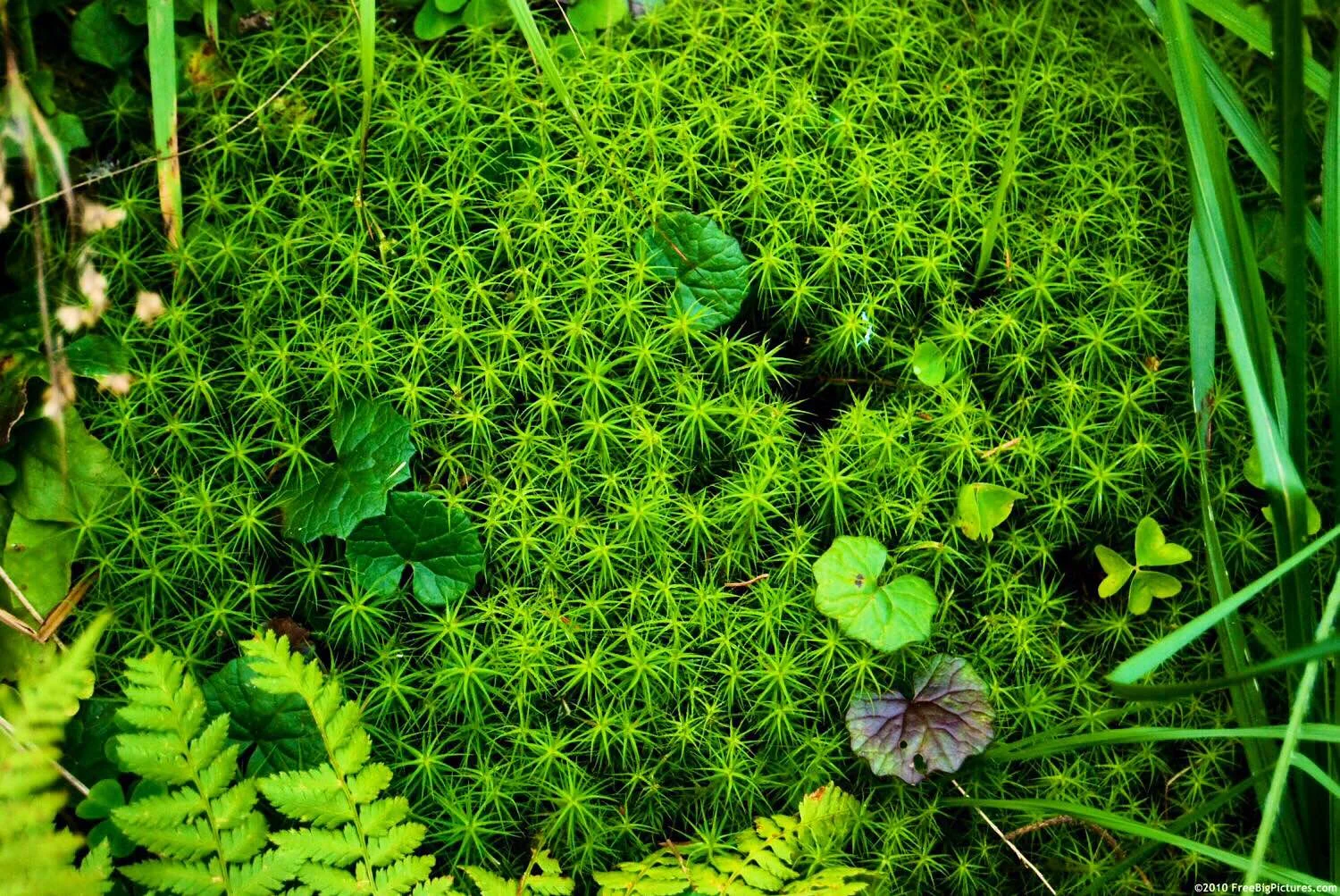
Why natural fragrance?
Why natural fragrance?
My objective is to rewild humankind through my favorite (and in my opinion, underrated) sensory experience: smell. Nothing compares to the butterscotchy goodness of a ponderosa’s bark on a late spring day, or the bitter greenness of a dandelion’s milky stem snapping in your hand. What about briny seaweed drying on a beach, bright lavender opening in the dewy morning air, or the pungent dankness of a forest floor? And spruce?! Don’t even get me started on spruce.
The nose has taken millions of years to evolve. It collects data, processes it, and provides us with important survival information, often subconsciously and in a fraction of a second. It can tell us if a plant is safe or harmful to eat and if a predator or prey is nearby. It can detect subtle changes in the weather and the seasons. It can read the pheromones of others to determine if you should keep them at a comfortable distance or bring them much closer to you. Scent has been crucial to our shared and individual experience because it translates the complex language wordlessly spoken by our environments and each other.
In the modern world, scents are a luxury used more for enjoyment and less for survival. Our noses don't need to work so hard to keep us alive anymore. Scents are also used to mask toxic materials and can be toxic themselves, and many (but not all) synthetic aromatic compounds are now confirmed carcinogens and can disrupt endocrine systems. (Please read this article for more information.) Firn premium botanical fragrances are made exclusively from high quality, cruelty free, biodegradable, and natural ingredients, meaning they are entirely void of synthetics and petrochemicals.
That isn’t to say that all synthetic fragrances are bad because they are synthetic. Many perfumers opt for human-safe synthetic materials because not only are they more affordable, but they can actually be less harmful to the earth than natural materials, which must be harvested in large amounts and often at the expense of the environment, people, and animals. Synthetic materials are just that: they are synthesized in laboratories and, depending on their manufacturing process, can actually have very little negative impact. It can be likened to using engineered/lab-grown diamonds instead of real gemstones cut from mines.
So why don’t I use those safe and cheaper materials?
My mission isn’t to make fragrances; my mission is to make Pacific Northwest fragrances. I’ve smelled synthetic spruce oil, and believe me, it’s nothing like the real thing. I want to provide wearers (and sniffers) with as real and accurate of an olfactory experience as possible. I don’t want you to smell like a generic “Winter Forest” candle from a discount home goods store.
I can fulfill my mission ethically. I work with reputable purveyors who care about sustainably sourcing their plant materials, and also participate in cooperative business practices. My favorite and most-purchased-from providers also happen to be based in Oregon (one of them is only half an hour away from me, in fact!), which means emissions related to shipping are significantly lower when compared with non-Oregon businesses.
This is what I mean when I refer to “ethical perfumery”. Firn Handcrafted natural fragrances aren’t ethical because they’re natural; they’re ethical because the 100% natural ingredients are sourced responsibly. You can read more about this in the “Company Values” section of this site.
My hope is that just one of these natural fragrances strengthens your relationship with Nature. Not everyone has the ability to cut out of work early to head into deep nature on any random warm afternoon — myself included. But maybe smelling one of these will help you get there, mentally. Perhaps one of these scents tugs on a heart string you didn't know was there, transports you to a wild place you've always wanted to visit, or elicits a visceral reaction your savage ancestors experienced hundreds of generations ago, back when we relied more heavily on our senses and instinct to survive.
I invite you to start your path back into wildness, starting with your olfactory sense as a vehicle for your travel.
Just remember that the exploration shouldn't end there. Go outside. Explore. Be wild.